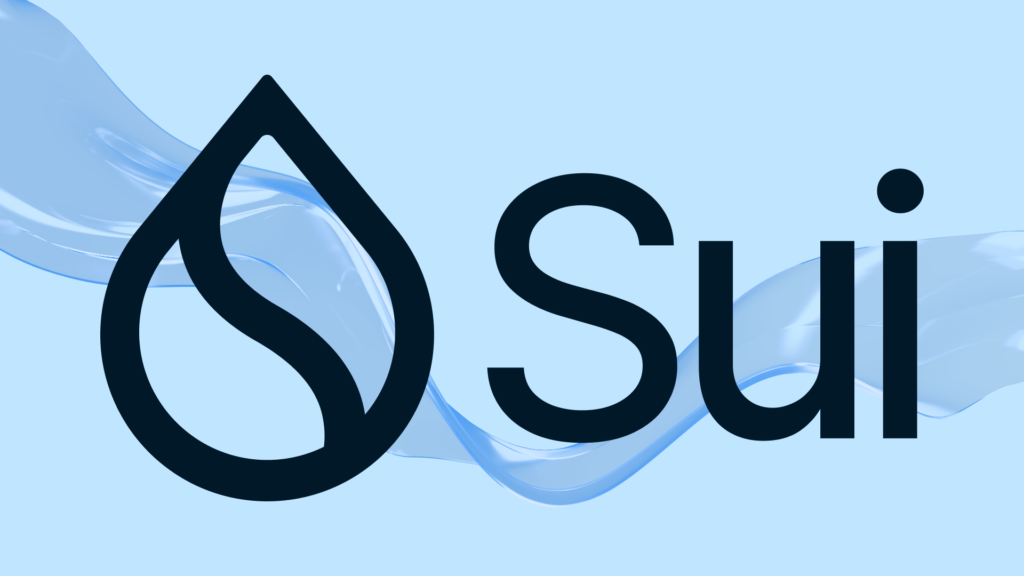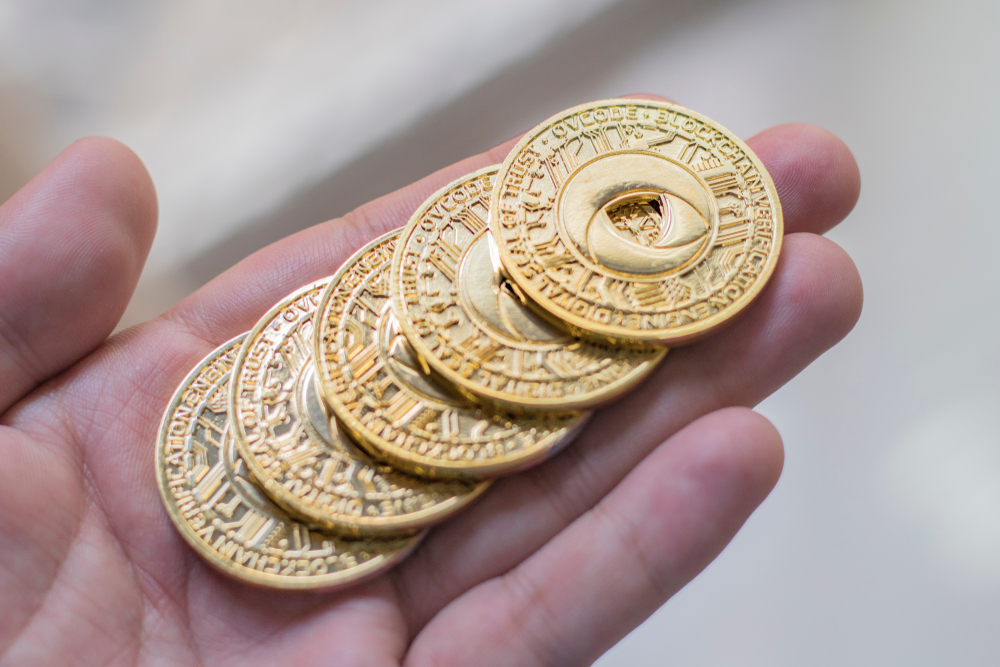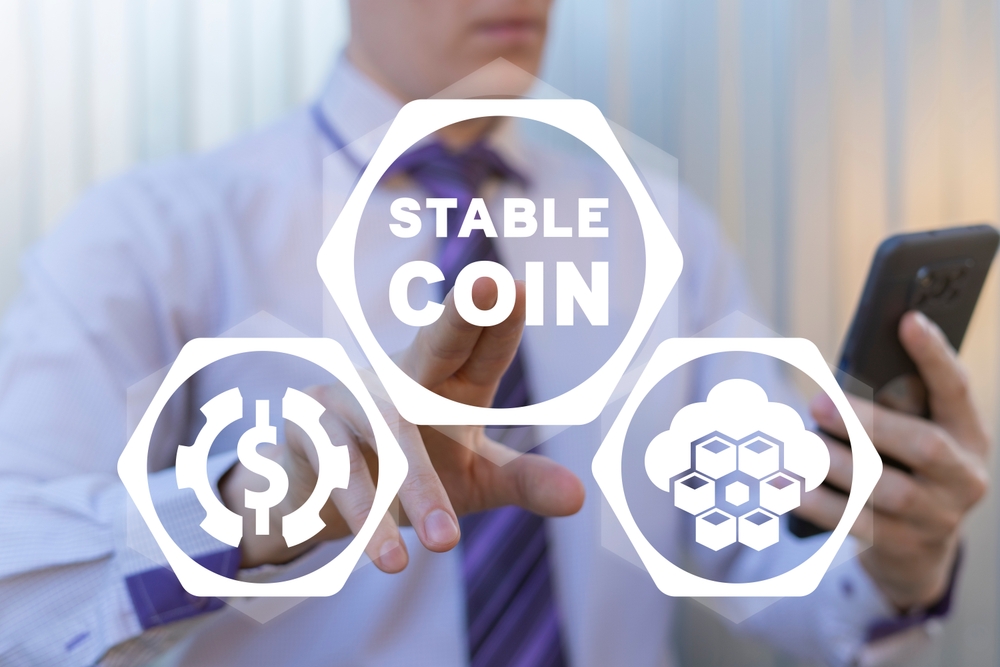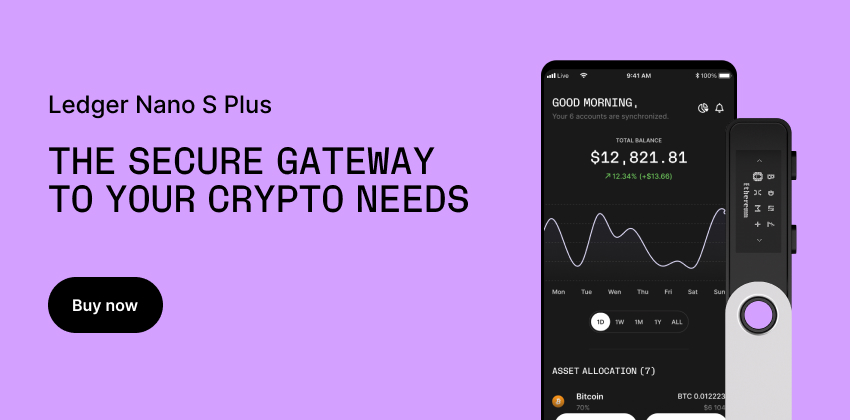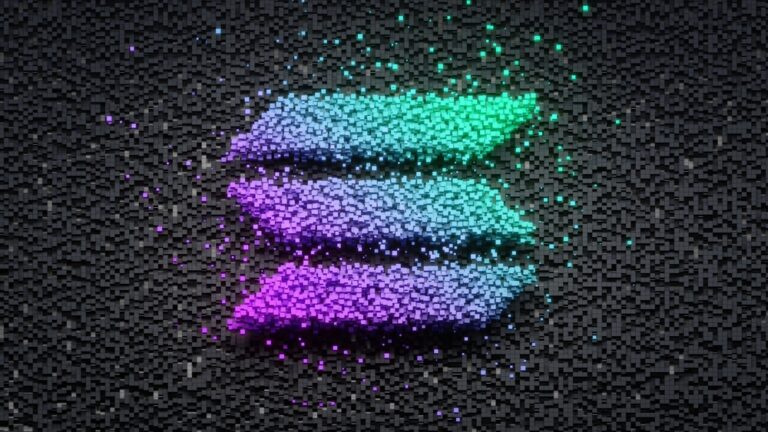Table of Contents
ToggleSUI Mainnet and Launch Details
Binance Launchpool
Participating in the Binance Launchpool allows users to support the newly launched SUI project whilst earning rewards. Users stake one of the supported tokens, such as BNB, BUSD, or ETH, to earn SUI tokens before they become available on the open market. The rewards distributed depend on the user’s stake and the total pool size.
Mainnet Timeline
The SUI mainnet was officially launched on May 3, 2023. With the completion of the mainnet timeline, users can now experience the advanced features that the SUI ecosystem provides.
Features
The SUI blockchain is a layer-1 delegated Proof-of-Stake (dPoS) network, which utilizes a modified form of the Move programming language initially created by Meta. This Move-based platform offers increased security and efficiency for both asset holders and developers. The SUI network is divided into two core areas:
- Secure Assets: Assets can only be utilized by their owners, regardless of transaction type. Security is guaranteed by the use of the Move language, providing strong protection for asset owners (source).
- Secure Contracts: Smart contracts define asset types and their logic, including permissible transaction types. Developers can create secure and efficient applications on the SUI network.
In addition to the security and efficiency features, the SUI ecosystem focuses on the NFT and gaming sector, offering an innovative and advanced platform for both users and developers. With the launch of the SUI mainnet, the decentralized platform is now ready to disrupt the NFT and gaming space.
Use Cases and Adoption
Decentralized Finance (DeFi)
The Sui blockchain has the potential to significantly impact the DeFi space by providing increased transparency and enhanced security. Sui’s object-centric model, based on the Move programming language, supports parallel execution and dynamic on-chain assets, making it suitable for various DeFi applications (source). Asset owners can benefit from the network’s sub-second finality and horizontally scalable processing, allowing for faster and more efficient financial transactions.
For example, Sui could be utilized for improving lending protocols, automated market makers, and derivatives trading platforms. Its safety features, such as the Move language, enhance the overall trustworthiness of DeFi products built on the Sui network.
Gaming and Digital Assets
The design of the Sui blockchain lends itself well to the gaming industry and digital asset management. With the increasing demand for non-fungible tokens (NFTs) and other gaming assets, Sui can provide a robust and secure platform for managing these digital collectibles. In addition, creators and developers can leverage Sui’s unique features to cater to a wide range of users in the gaming and digital asset space.
Sui’s scalability and safety features enable more secure and efficient ownership and transfer of digital assets, making it a viable platform for game developers and asset owners. For instance, Sui’s object-centric model can manage gaming items, player characters, and in-game currency seamlessly through the network.
Crypto News and Community
Sui’s potential for growth in the DeFi and gaming sectors can drive increased interest and demand within the crypto news and social media communities. The project’s announcement and unveiling in March 2022by Mysten Labs generated excitement among blockchain enthusiasts and industry watchers. With the team’s extensive experience in blockchain technology, Sui is well-positioned to make headway in the market and garner attention from crypto news sources and social media influencers.
In conclusion, the Sui network’s unique properties make it an attractive platform for various use cases, including decentralized finance, gaming, and digital asset management, and fostering community growth and engagement. As the project matures and gains traction, the crypto community can anticipate increased attention and adoption in these areas.
SUI Platform Resources
Website and Social Media
The SUI project is a Layer 1 blockchain and smart contract platform designed to make digital asset ownership fast, private, secure, and accessible. It utilizes an object-centric model based on the Move programming language.
You can learn more about the project and stay updated on their developments by following their official Twitter account. The platform also provides detailed documentation and resources for developers on its Sui Docs page.
Cryptocurrency Exchanges and Trading
SUI is the native token of the platform and can be traded on various cryptocurrency exchanges. One of the prominent exchanges that list SUI is Kucoin. It allows users to trade SUI against various pairs, including BTC, ETH, and USDT. More exchanges might list SUI in the future, leading to increased accessibility for potential investors and users.
Fast Transactions and Low Costs
The SUI platform is designed for high transaction speeds and low costs. With its parallel execution capabilities, SUI enables half-second finality and ensures fast transfers and efficient interactions with smart contracts, making it suitable for various on-chain assets and applications.
Narwhal and Airdrop
The Narwhal feature of the SUI platform could further enhance the network’s performance by increasing the scalability and versatility of the blockchain. Additionally, SUI may host airdrops for its users, providing an incentive to participate in the ecosystem and promoting the adoption of the platform.
In summary, the SUI crypto project has a strong online presence with resources available on its website and social media channels. Investors and users can access trading opportunities through various cryptocurrency exchanges, and the platform boasts fast transactions and low costs. The Narwhal upgrade and potential airdrops can contribute to the platform’s growth and adoption in the future.
Comparison with Other Platforms and Technologies
Solana and NEAR Protocol
Sui is a Layer 1 blockchain that aims to make digital asset ownership fast, secure, and accessible to everyone. It utilizes the Move programming language to enable parallel execution, sub-second finality, and dynamic on-chain assets 1. In comparison, Solana and NEAR Protocol are two other Layer 1 blockchains that focus on providing scalability, security, and decentralized solutions.
Solana’s consensus mechanism, Proof of History, allows for its high throughput and low transaction costs. NEAR Protocol, on the other hand, employs sharding in its Nightshade consensus mechanism, which enables better scalability without compromising on security. In contrast, the Sui blockchain utilizes its object-centric model to achieve similar scalability and performance benefits 2.
Some key differences between Sui, Solana, and NEAR Protocol are:
- Transaction costs: Sui aims to reduce gas costs, making transactions more affordable compared to platforms like Ethereum. Solana and NEAR also offer low-cost transactions.
- Smart contract languages: Sui uses Move, Solana employs Rust and C, and NEAR supports Rust and AssemblyScript.
- Blockchain ecosystems: All three platforms are developing extensive ecosystems of decentralized applications (dApps) and DeFi solutions 3.
Directed Acyclic Graph (DAG) Technology
Directed Acyclic Graph (DAG) is an alternative to traditional blockchain technology utilized by some platforms to improve scalability, speed, and energy efficiency. Some well-known DAG-based projects include IOTA and Nano. Sui, like Solana and NEAR Protocol, is not based on DAG technology but instead relies on its object-centric model within its unique Layer 1 blockchain architecture to achieve comparable performance 4.
Rust Programming Language
While Sui utilizes the Move programming language, it’s worth noting that other prominent platforms like Solana and NEAR Protocol use the Rust programming language. Rust is a systems programming language known for its speed, safety, and ease of use. It allows developers to write safe code that avoids many runtime errors and vulnerabilities found in other languages like C++ or Java.
In comparison, Move, the programming language used by Sui, was specifically created for the blockchain environment and is designed to prioritize safety and expressiveness in smart contracts, thereby minimizing the likelihood of vulnerable or erroneous code 5.
In conclusion, Sui, Solana, and NEAR Protocol all offer unique solutions to the scalability, speed, and security challenges faced by the cryptocurrency and blockchain space. By comparing their consensus mechanisms, programming languages, and ecosystems, it’s clear that each has its own approach to addressing these issues, with Sui’s object-centric model and Move language as key differentiators.

